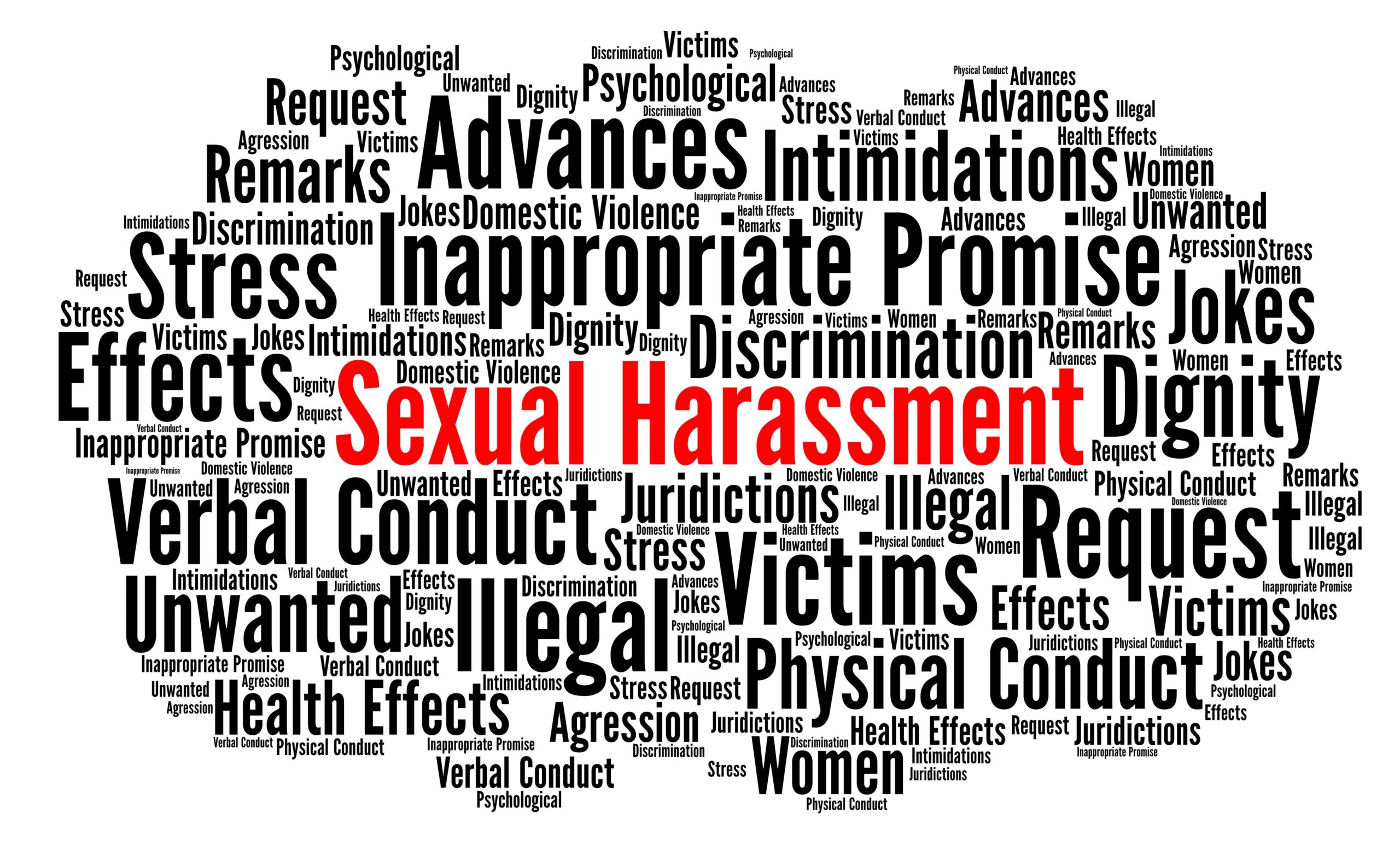Create Safe, Inclusive, and Respectful Workplaces
At PMI, we assist companies in the successful implementation of the Prevention of Sexual Harassment (POSH) framework to ensure compliance alongside a workplace culture based on dignity, safety, and respect. Our end-to-end POSH implementation solutions address everything from drafting policies and establishing committees to continuing awareness and training programs.
We lead businesses through POSH compliance's legal and cultural dimensions—forming the Internal Complaints Committee (ICC), developing strong POSH policies, submitting required annual reports, and developing a workplace that promotes equality and zero tolerance for harassment. With frequent workshops and leadership sensitization, PMI empowers your employees and creates a strong, harassment-free organization that values every employee.

Advantages and Benefits of POSH Implementation
- Complies with all legislations under the POSH Act, minimizes legal exposure
- Triggers employees to report issues without fear, creating a healthier work environment
- Empowers equality and respect, fostering greater trust and cooperation among employees
- Places your company in an ethical, forward-thinking, and employee-centric light
- Helps make Diversity & Inclusion a strategic priority for Business Growth
- Pre-emptive sensitization and training prevent incidents and resolve issues in time
- Managers are more able to manage complaints seriously and justly

Key Features
- Establish the Internal Complaints Committee (ICC) according to POSH regulations
- Prepare and execute a clear and compliant POSH policy
- Enable submission of the Annual POSH Report to ensure legal transparency
- Organize company-wide POSH awareness workshops and e-learning modules
- Sensitize leadership and managerial teams to their POSH responsibilities
- Assist in building a gender-neutral culture of mutual respect, dignity, and inclusivity at all levels
- Expand POSH principles to protect all genders and roles
